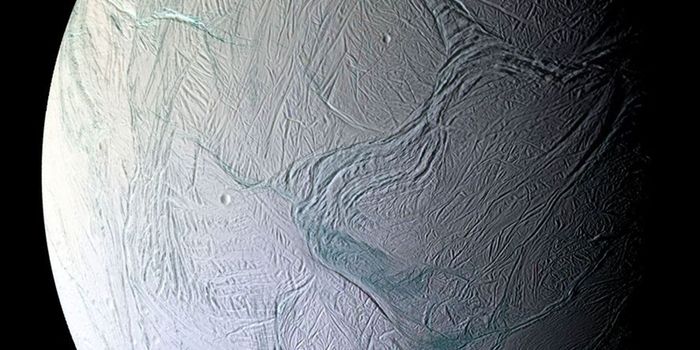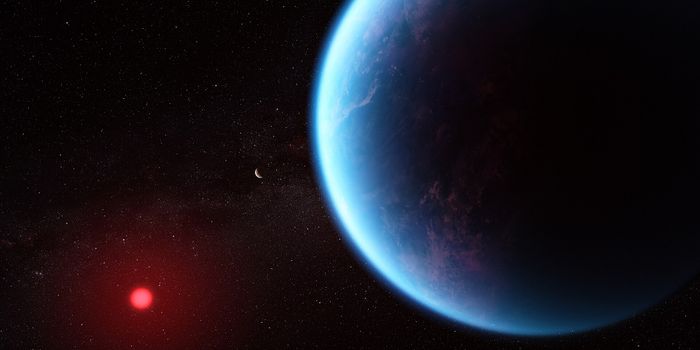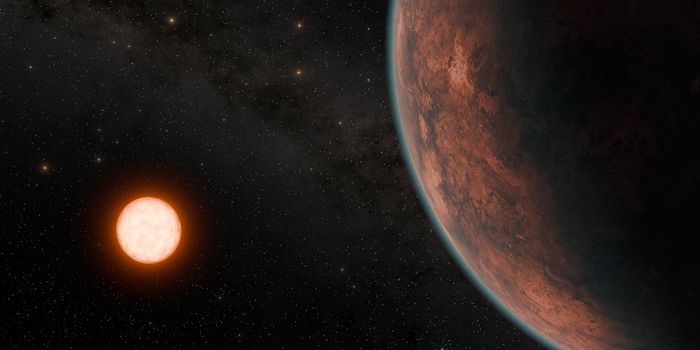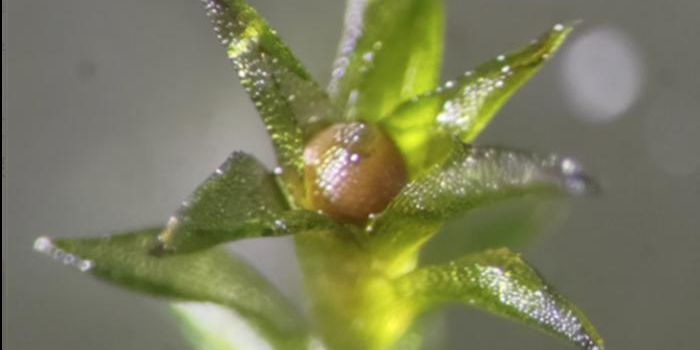Uranus' Clouds Probably Reek Like Flatulence
It can be challenging to discern the contents of another planet’s atmosphere, especially those further away from Earth. In Uranus’ case, planetary scientists have long assumed that the uppermost clouds in its atmosphere were made up of either ammonia or hydrogen sulfide. Then again, identifying which one is present there is no walk in the park.
Image Credit: NASA
Fortunately, researchers now say they’ve stumbled upon breakthrough evidence that the clouds enveloping Uranus are comprised of hydrogen sulfide. The findings have been published in the journal Nature Astronomy this week.
For those that don’t already know, hydrogen sulfide sports a particularly-putrid scent reminiscent of rotten eggs. That said, Uranus could be a rather stinky place, assuming we had the means to actually go there and snag a whiff.
Related: What would happen if a human fell into Saturn's atmosphere?
The findings come by way of an international team of researchers led by Patrick Irwin from the University of Oxford in the United Kingdom after they analyzed Uranus with the Gemini Telescope in Hawaii.
The observatory’s Near-Infrared Integral Field Spectrometer (NIFS) proved instrumental in uncovering all the data needed to discern the gas populating Uranus’ atmosphere. It enabled the researchers to study the sunlight reflected by the planet's uppermost clouds and delivered vital clues in the process.
"While the lines we were trying to detect were just barely there, we were able to detect them unambiguously thanks to the sensitivity of NIFS on Gemini, combined with the exquisite conditions on Maunakea," Irwin explained in a statement.
"Although we knew these lines would be at the edge of detection, I decided to have a crack at looking for them in the Gemini data we had acquired."
Related: How Pluto's atmospheric haze keeps the dwarf planet cooler than expected
It’s worth noting that Uranus is the only gas planet in our solar system known to exhibit hydrogen sulfide in its upper atmosphere. Jupiter and Saturn, for example, host icy ammonia instead.
The stark dissimilarities between Uranus and the other gas giants in our solar system indicate stark differences in how the planets formed. That said, this discovery could bring planetary scientists one step closer to understanding how Uranus came to be in the first place.
Source: Phys.org









